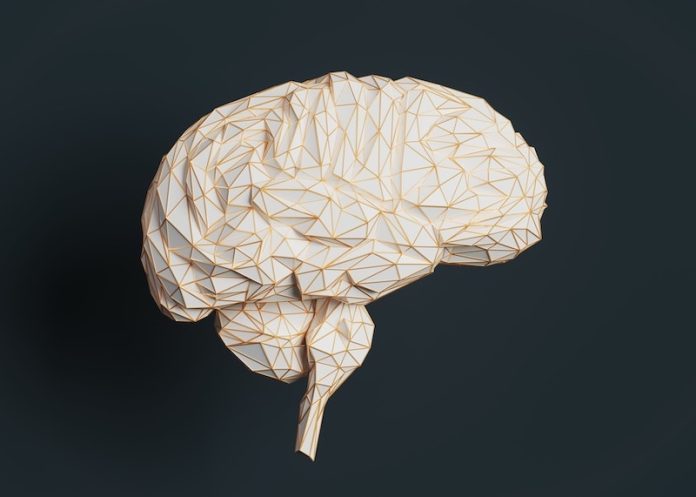
Have you ever wondered if there’s a way to prevent memory loss as we age?
Well, a group of healthcare specialists and neuroscientists from the US might have found an interesting solution.
The Protein Called Klotho
They’ve been studying a protein called klotho, which is naturally produced in our kidneys and circulates in our blood. What’s so special about klotho?
Well, previous studies have found that it can impact both our lifespan and overall health. Mice that lack klotho tend to age faster, while older mice with more klotho in their blood tend to live longer. In humans, levels of this protein decrease as we age.
The Experiment
In their study published in Nature Aging, the researchers decided to see what would happen if they gave this protein to aging monkeys.
They selected 18 rhesus macaques, each of which was equivalent in age to humans aged 65 or older. These monkeys were then tested for their memory abilities by navigating a maze to find a hidden treat.
After this initial test, the researchers injected klotho into each of the monkeys. The amount they were given raised their klotho levels to what it was when they were infants.
Four hours later, the monkeys were tested again with different mazes, and they were tested several more times over the following two weeks.
The Findings
What they discovered was fascinating. The monkeys that were given klotho saw improvements in their working memory.
In fact, the harder the maze paths were to remember, the more their memory improved, in some cases by as much as 20%. These effects lasted for at least two weeks.
The researchers concluded that giving the protein to the monkeys led to cognitive improvement. This is an encouraging sign that klotho could potentially help combat cognitive decline in older age.
The Future
Of course, this is just the start. We still need to find out if klotho can be given regularly without causing harm, and if its benefits would continue over time.
If the answers to these questions are positive, the researchers hope to start testing with humans. So, there’s hope yet that we might find a way to keep our minds sharp as we grow older!
If you care about health, please read studies about hand size linked to the risk of severe COVID-19, and Vitamin D levels could determine COVID-19 severity.
For more information about health, please see recent studies about warnings about widely used diabetes drug metformin, and results showing vitamin D could help lower the risk of autoimmune diseases.
The study was published in Nature Aging. Follow us on Twitter for more articles about this topic.
Copyright © 2023 Knowridge Science Report. All rights reserved.



